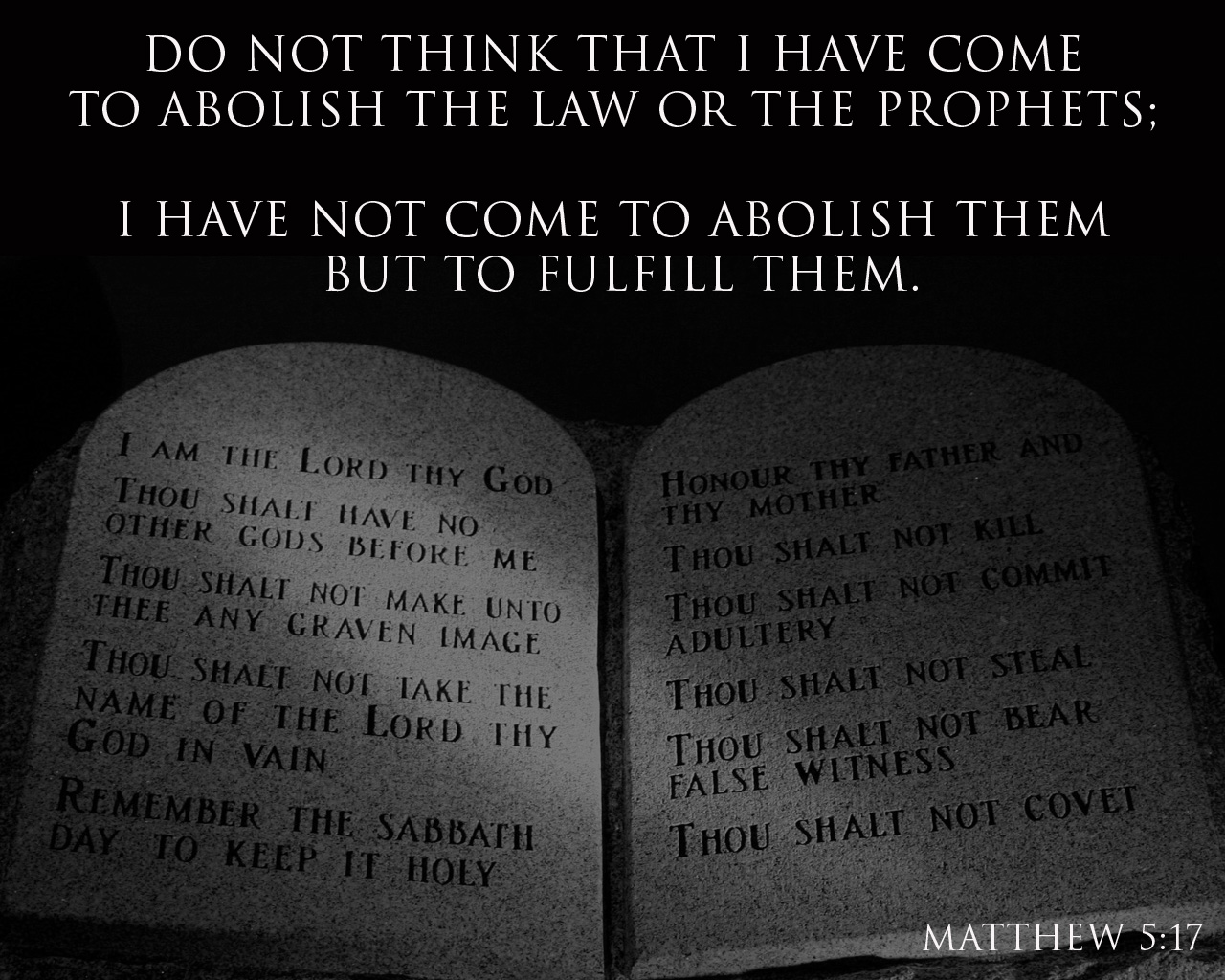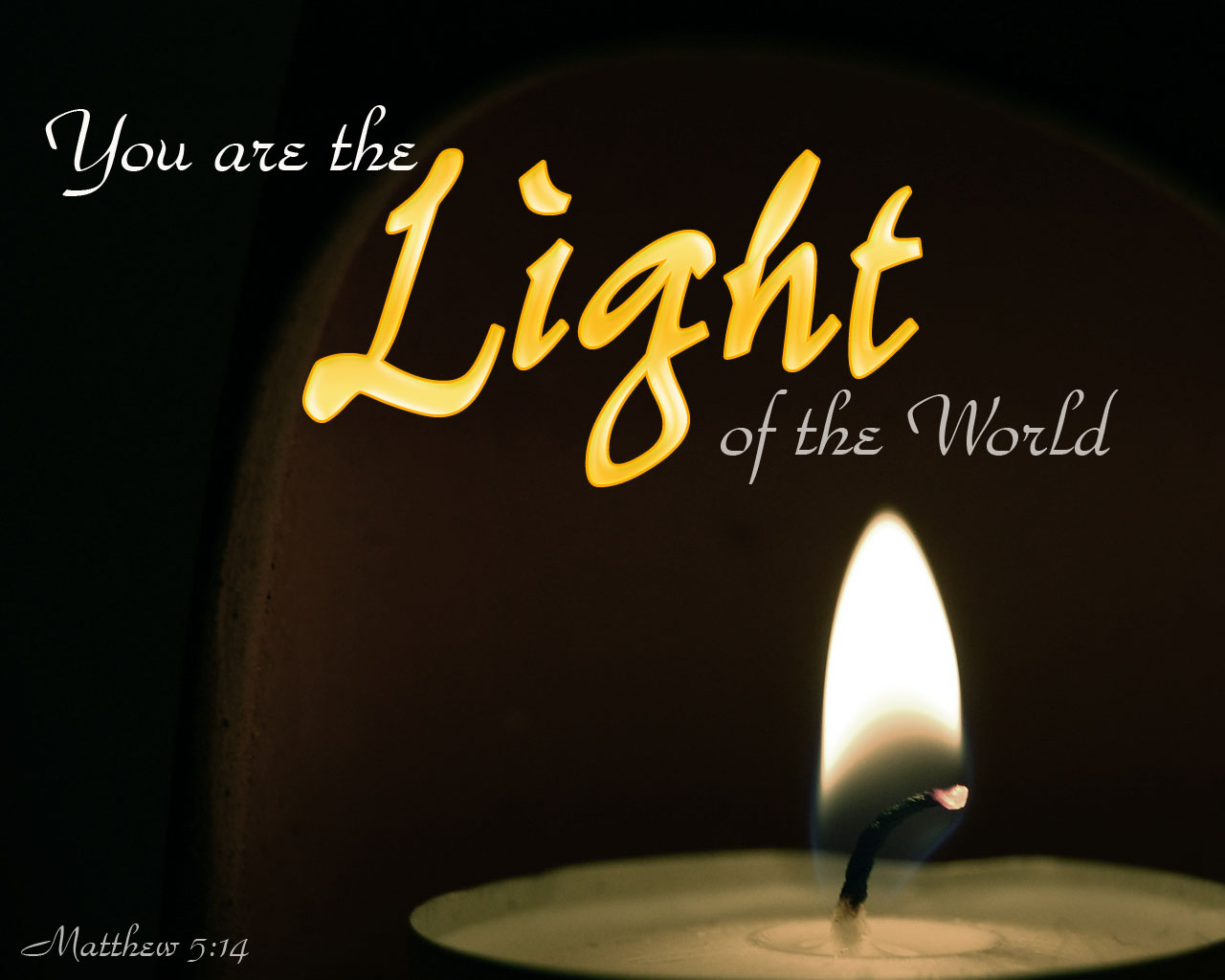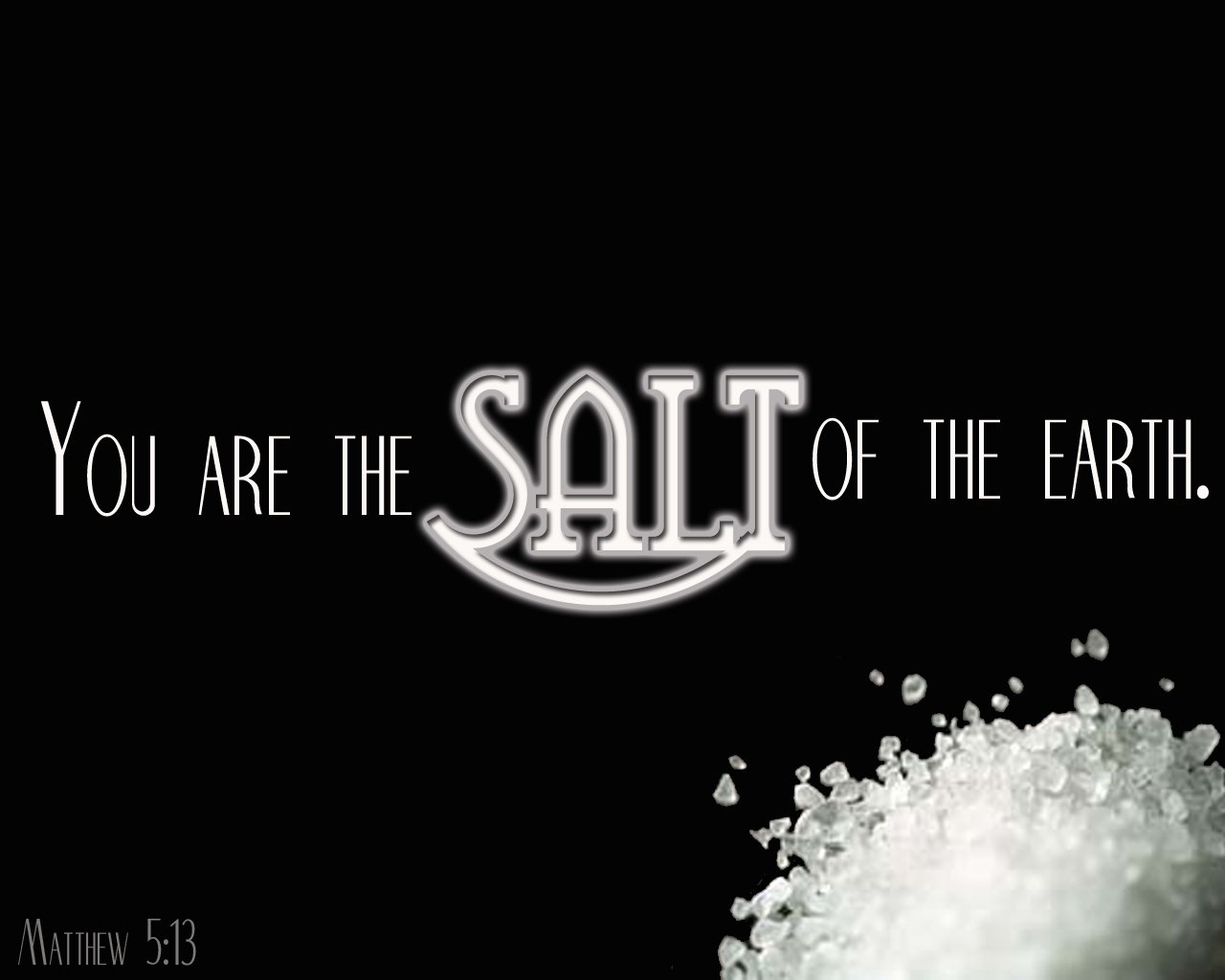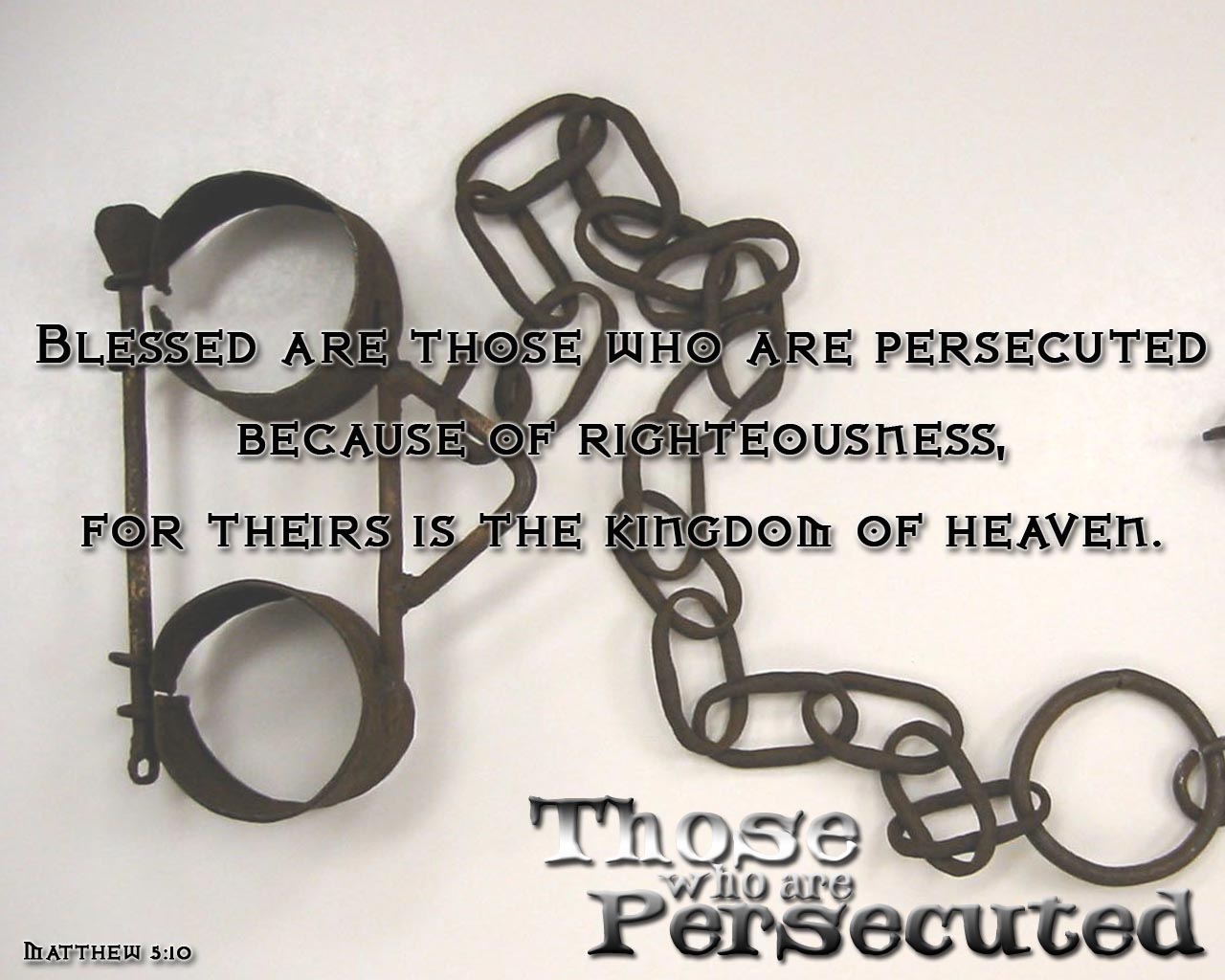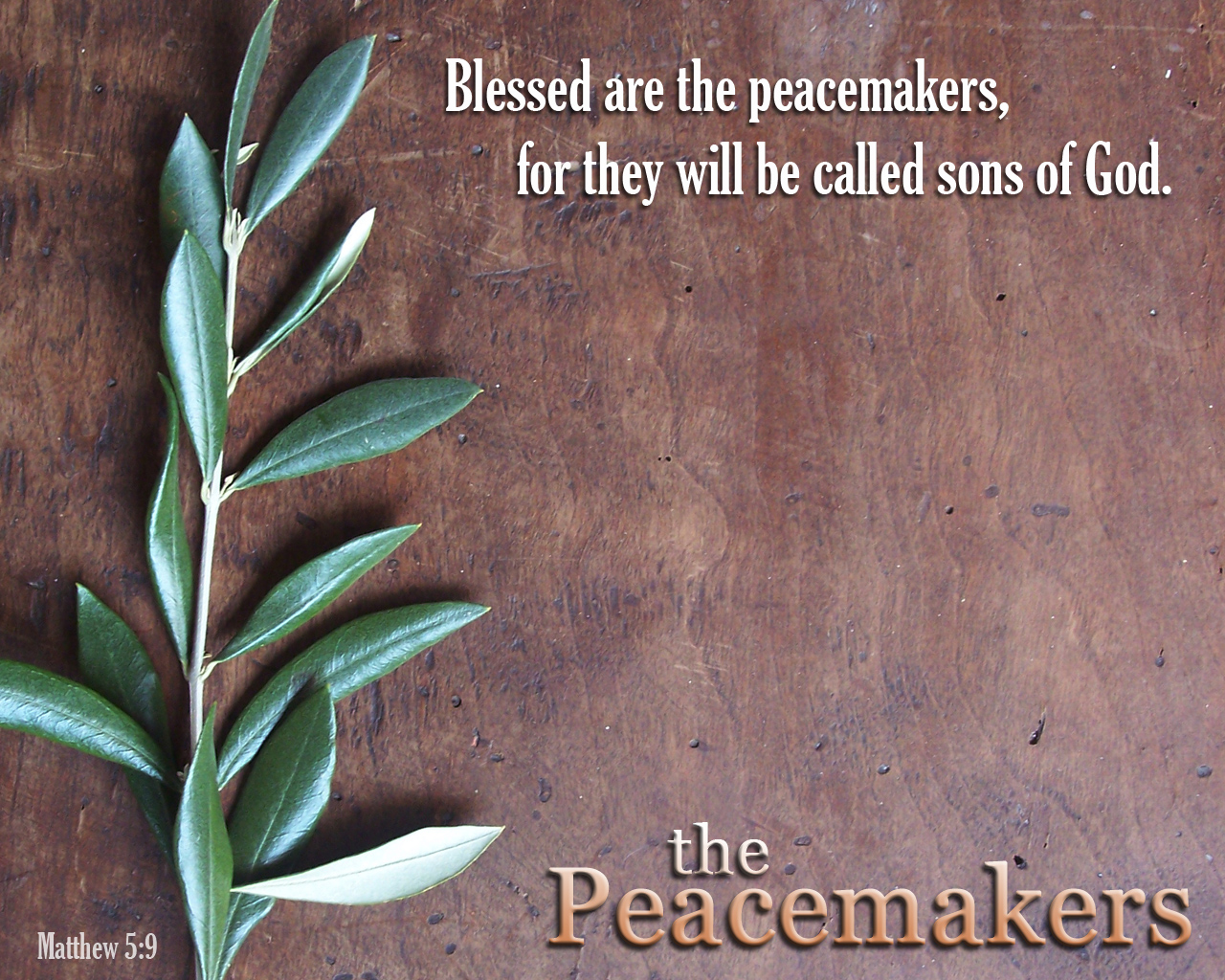We live in an era marked with marketing gibberish. Our world is surrounded by slick words designed to artificially elevate the stature of whatever is being described. We no longer have employees, but “associates.” Students no longer fail, but “face academic challenges”. We bribe politicians through “campaign contributions” and they make good on the bribe by budgeting “earmarks.” We’ve become a wary people, always questioning what “wiggle room” could possibly be present when we hear a word; what does it really mean?
View/Download in Google Docs
Sarcasm, irony, thoughts, complaints, ideas, philosophies, happenings, creations, rants and raves with a very little chance of anything being new, unique, or interesting.
Saturday, April 09, 2011
Saturday, March 26, 2011
Week 18 - Dealing with Marriage
Christianity is filled with the struggle to adjust the idea of marriage with the reality of living in a sinful world. That struggle makes this very short passage to be one of the most difficult and controversial sections in the Sermon on the Mount.
One of the goals of this study has been to really try and understand the culture and people to whom Jesus is speaking. Therefore, it is important to note that, marriage, and subsequently divorce, in the ancient world had tones and aspects that are dramatically different than in the modern world. Thus when we study the biblical texts that deal with these issues, then much caution needs to be exercised in applying the concepts. This passage is unquestionably addressing marriage as it was understood in the first century Jewish world. While, timeless truths emerge from these texts as objectives and expectations of God upon His people for all times, a one-to-one transfer of the surface meanings of the texts is impossible and leads to twisted, false understandings.
View/Download in Google Docs
One of the goals of this study has been to really try and understand the culture and people to whom Jesus is speaking. Therefore, it is important to note that, marriage, and subsequently divorce, in the ancient world had tones and aspects that are dramatically different than in the modern world. Thus when we study the biblical texts that deal with these issues, then much caution needs to be exercised in applying the concepts. This passage is unquestionably addressing marriage as it was understood in the first century Jewish world. While, timeless truths emerge from these texts as objectives and expectations of God upon His people for all times, a one-to-one transfer of the surface meanings of the texts is impossible and leads to twisted, false understandings.
View/Download in Google Docs
Saturday, March 19, 2011
Week 17 - Dealing with Lust
As our study continues in the "parting of the Yoke," we see Jesus address the sexual norms of his society and how the 7th commandment had been misinterpreted and misapplied.
View/Download in Google Docs
View/Download in Google Docs
Saturday, March 12, 2011
Week 16 - Dealing with Anger
As previous lessons have covered the “You have heard it said…but I say unto you…” has been interpreted to imply that whatever Jesus is going to teach is different from his predecessors. However, we know now this is a common rabbinical language to issue a binding or loosing of a text. This study we are going to be look at the binding Jesus places on his followers in regard to murder and anger and discover how this teaching moves us up toward the peak of piety.
View/Download in Google Docs
View/Download in Google Docs
Saturday, February 26, 2011
Week 15 - Binding and Loosing
We are starting a new section of the Yoke. For the next six lessons we will be examining some of Jesus’ “new” interpretations of the Law. These teachings all follow a pattern of beginning with the phrase “You have heard it said…” and end with “but I say to you….”
If you remember from our first few lessons, we learned that this language was common for s’mikah rabbis. We contrasted the language used by Torah Rabbis, who would say “It is written…..and it means…..” with the s’mikah Rabbis and their phrase “You have heard……BUT I tell you……..”
To a rabbi and to a first century Jew, this phrase was part of the “Binding” and “Loosing” formula. In the next six weeks we will see several examples of Jesus “binding and loosing” so we need to have an understanding of what that is.
View/Download in Google Docs
If you remember from our first few lessons, we learned that this language was common for s’mikah rabbis. We contrasted the language used by Torah Rabbis, who would say “It is written…..and it means…..” with the s’mikah Rabbis and their phrase “You have heard……BUT I tell you……..”
To a rabbi and to a first century Jew, this phrase was part of the “Binding” and “Loosing” formula. In the next six weeks we will see several examples of Jesus “binding and loosing” so we need to have an understanding of what that is.
View/Download in Google Docs
Saturday, February 12, 2011
Week 13 - Light to the Nations
Jesus has spent his introduction telling the listeners what his yoke is about, now he is going to tell them why God wants them to take up this yoke. Jesus uses four metaphoric images to accomplish this. We covered the first of those metaphors last week: Salt of the Earth. The other three are very closely related: Light of the World, a City on a Hill, and a Lamp on a Stand.
Jesus grabs hold of these metaphors to continue to remind the followers of God’s purpose for them. He reminds them of their purpose, to be a beacon of hope to the world. Jesus starts this part by reminding the audience about the role God had intended for His people to play in the world all along. Since the time He set them apart (Genesis 12:3)#, God has expected His people to act as a pointer to Him for the other nations of the Earth (Psalms 67, 96, 117 and Isaiah 42:1, 4, 6).
View/Download in Google Docs
Jesus grabs hold of these metaphors to continue to remind the followers of God’s purpose for them. He reminds them of their purpose, to be a beacon of hope to the world. Jesus starts this part by reminding the audience about the role God had intended for His people to play in the world all along. Since the time He set them apart (Genesis 12:3)#, God has expected His people to act as a pointer to Him for the other nations of the Earth (Psalms 67, 96, 117 and Isaiah 42:1, 4, 6).
View/Download in Google Docs
Saturday, February 05, 2011
Week 12 - Salt of the Earth
Jesus has spent his introduction telling the listeners what his yoke is about, now he is going to tell them why God wants them to take up this yoke.
We now move away from the principles of the yoke and look into the purpose of the yoke. This is the first of four metaphors utilized by Jesus to call his followers to his purposes.
View/Download in Google Docs
We now move away from the principles of the yoke and look into the purpose of the yoke. This is the first of four metaphors utilized by Jesus to call his followers to his purposes.
View/Download in Google Docs
Saturday, January 22, 2011
Week 11 - Blessed are those who are Persecuted for Righteousness Sake
As we continue to study the beatitudes we have been focusing on the second set of them that deal with having righteous relationships with other people. Mercy, pure in heart, and peacemaker all relate directly to how we relate to other people. To have a righteous relationship with God, we need to live in righteous relationship with one another.
As we conclude the Beatitudes, we encounter the first one that not really an inner-righteousness/heart attitude to have. Instead, it appears, on its surface to be more about others’ reactions than my actions.
View/Download in Google Docs
As we conclude the Beatitudes, we encounter the first one that not really an inner-righteousness/heart attitude to have. Instead, it appears, on its surface to be more about others’ reactions than my actions.
View/Download in Google Docs
Saturday, January 08, 2011
Week 10 - Blessed are the Peacemakers
As we continue to study the beatitudes we have been focusing on the second set of them that deal with having righteous relationships with other people. Mercy, pure in heart, and peacemaker all relate directly to how we relate to other people. To have a righteous relationship with God, we need to live in righteous relationship with one another.
The fact is that in the real world people will conflict. We have different personalities, gifts, histories, and views of the world. When you put people together and ask them to interact, those different parts of the personal narrative will inevitably clash and lead to conflict. How we work around and through these conflicts directly reflects on how we relate to one another.
View/Download in Google Docs
Subscribe to:
Comments (Atom)




